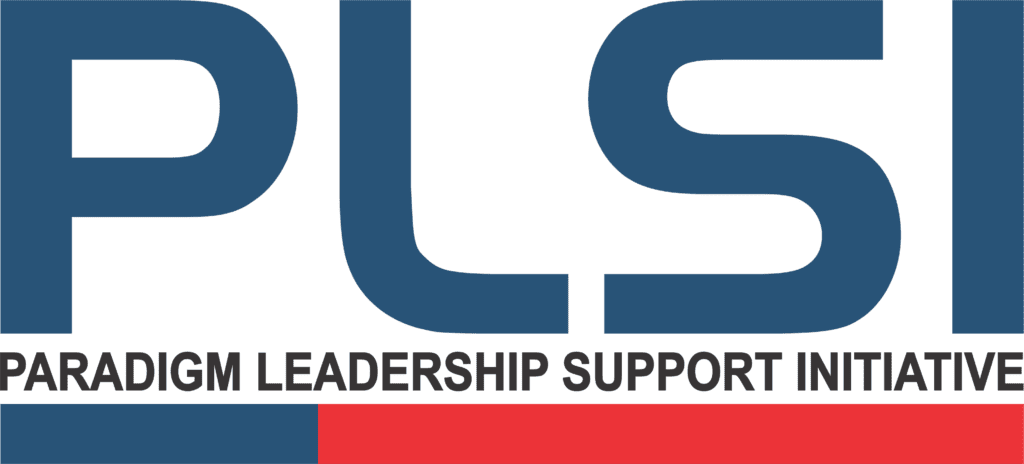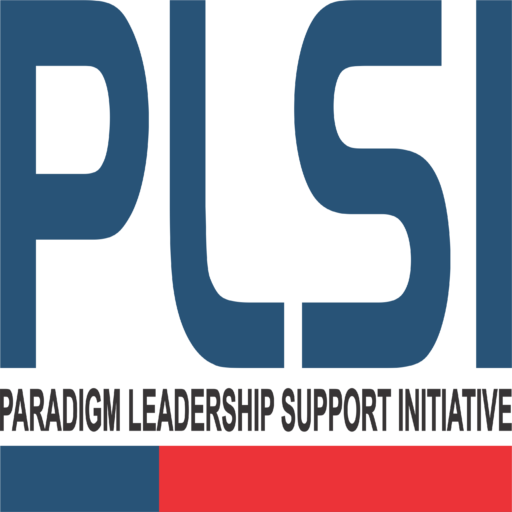Connected Development (CODE) — is a leading transparency and accountability organization in Nigeria with mission to empowering marginalized communities. Popular for its #FollowTheMoney advocacy project, the organization marked 5 years of its existence about a week ago. The event was more than just an observation of founding date ritual. It was a time to further show to Nigerians and the global community the hard work it had done in rural communities as well as the few but very significant successes recorded which had affected tens of thousands of lives positively and offered them a reason to believe in the country’s future. As a follow up to that event which held at Silverbird Galleria in Abuja with Mallam Nuhu Ribadu — the pioneer Chairman of the Economic and Financial Crimes Commission (EFCC) in attendance, the management then decided to hold a retreat, perhaps to re-calibrate the team’s energy going forward in order to begin consolidating on its successes.
Even though we are very much familiar with CODE’s kind of work which focuses primarily on not just rural communities but marginalized ones, we were extremely amazed to have been invited to this retreat particularly as the management had decided on a location in the troubled Boko Haram region. The retreat held at Yankari Game Reserve located in Bauchi state which shares same region with Adamawa, Borno, Gombe, Taraba and Yobe states. Everyone who is conversant with happenings from Nigeria in recent times especially as it concern security need not be told how much marginalization citizens in these states are suffering. While millions of families have been driven away from their homes, several young girls and boys are currently unable to access basic education. Health care service in these states is largely insufficient as the few facilities available are overwhelmed due to rampant health emergencies partly influenced by terrorists’ activities. Unemployment and poverty in the region is at a new level. Despite these numerous challenges, CODE stood by its philosophy of supporting the very weak in the society and boldly decided on a retreat venue in the same North Eastern region.

The journey took off from CODE’s HQ in Abuja and the 12-hours road trip to Yankari was fun all the way. The retreat experience itself is not one to be easily forgotten as it offered the opportunity to meet both the hard working executive team as well as interesting and professional board members who steer the organization’s wheel from behind the scene. As CODE exists to fill a gap in the world, occasional meetings at the HQ may not cut it as such the retreat provided an opportunity to regroup, reconnect, and recharge for the work ahead. We saw amongst many other things a team that is fully dedicated and committed to fulfilling the organization’s mandate. The excellence and professionalism by which the team work is completely astonishing. We were also privileged to witness how much fun can go into hard work and how this fun factor had played into bonding up the CODE team and helping it achieve set goals.
We saw diverse people from different backgrounds that make up the team and we assumed that perhaps because the organization work to support marginalized communities, itself cannot afford to marginalize anyone as such offering many people of different orientation the opportunity to contribute to CODE’s development. Who could have taught the organization had broken down the tribal, religious and cultural walls which seem prevalent in our country today? Indeed CODE is a type of Nigeria to expect.
There’s no way one piece as this can fully capture our experience at the retreat. As much as we shared time with CODERS, the retreat also provided an opportunity to experience how domestic and friendly animals such as Baboons, Water-Bucks and the likes can be in their own home. As our organization proceed to collaborate with CODE and to be mentored by same, we can proudly say that this retreat did not just avail us the opportunity to study and learn the CODE culture, it also translated us into a staunch believer in the organization’s vision, mission and objectives.

